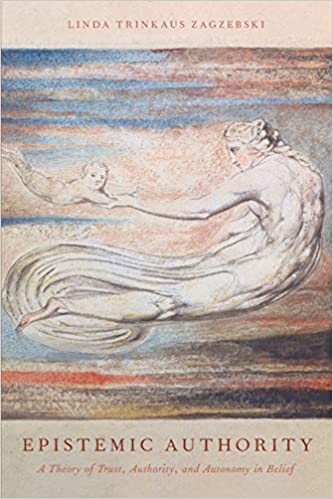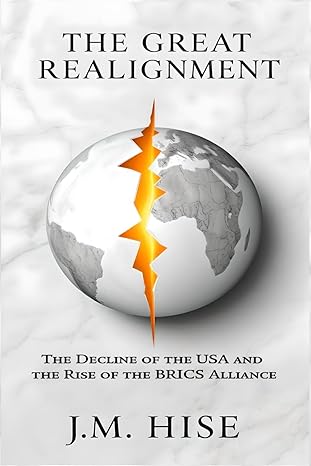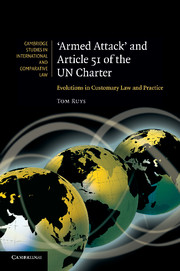In this book Linda Trinkaus Zagzebski gives an extended argument that the self-reflective person is committed to belief on authority. Epistemic authority is compatible with autonomy, but epistemic self-reliance is incoherent. She argues that epistemic and emotional self-trust are rational and inescapable, that consistent self-trust commits us to trust in others, and that among those we are committed to trusting are some whom we ought to treat as epistemic authorities, modeled on the well-known principles of authority of Joseph Raz. Some of these authorities can be in the moral and religious domains.
Why have people for thousands of years accepted epistemic authority in religious communities? A religious community's justification for authority is typically based on beliefs unique to that community. Unfortunately, that often means that from the community's perspective, its justifying claims are insulated from the outside; whereas from an outside perspective, epistemic authority in the community appears unjustified. But as Zagzebski's argument shows, an individual's acceptance of authority in her community can be justified by principles that outsiders accept, and the particular beliefs justified by that authority are not immune to external critiques.
چکیده فارسی
در این کتاب لیندا ترینکاوس زاگزبسکی استدلال گستردهای ارائه میکند مبنی بر اینکه فرد خوداندیشنده به اعتقاد به اقتدار متعهد است. اقتدار معرفتی با خودمختاری سازگار است، اما خوداتکایی معرفتی نامنسجم است. او استدلال می کند که اعتماد به نفس معرفتی و عاطفی منطقی و اجتناب ناپذیر است، اعتماد به نفس مستمر ما را متعهد می کند که به دیگران اعتماد کنیم، و در میان کسانی که به اعتماد به آنها متعهد هستیم برخی هستند که باید با آنها به عنوان مقامات معرفتی رفتار کنیم. - اصول شناخته شده مرجعیت یوسف راز. برخی از این مقامات می تواند در حوزه اخلاقی و دینی باشد.
چرا مردم هزاران سال است که مرجعیت معرفتی را در جوامع دینی پذیرفته اند؟ توجیه یک جامعه دینی برای اقتدار معمولاً مبتنی بر باورهای منحصر به فرد آن جامعه است. متأسفانه، اغلب به این معناست که از منظر جامعه، ادعاهای توجیه کننده آن از بیرون جدا شده است. در حالی که از منظر بیرونی، اقتدار معرفتی در جامعه ناموجه به نظر می رسد. اما همانطور که استدلال زاگزبسکی نشان میدهد، پذیرش یک فرد از اقتدار در جامعه خود را میتوان با اصولی توجیه کرد که بیگانگان آن را میپذیرند، و باورهای خاصی که توسط آن اقتدار توجیه میشوند از نقدهای بیرونی مصون نیستند.
ادامه ...
بستن ...
- ISBN-10 : 0190278269
- ISBN-13 : 978-0190278267
ادامه ...
بستن ...










